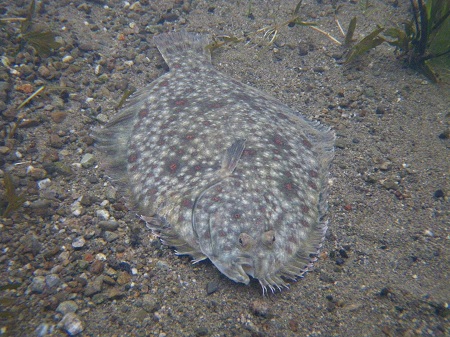Fishing at Night Chapter 2
"Ricki hasRicki’s had that boat long enough," said Tim. “I amI’m goinggoing down for my turn.”
“I’m comecoming too,” said Mia.
Ricki roweded in to meet them, just as Pete came up. Pete was a new friend they had made from the Matakana CampingCamping Ground.
 “My father has been tellinging me about fishingfishing for flounder at night,” said Pete. “It sounds great fun. Do notDon’t you think it would be a good idea for us to do it one night?”
“My father has been tellinging me about fishingfishing for flounder at night,” said Pete. “It sounds great fun. Do notDon’t you think it would be a good idea for us to do it one night?”
"Let usLet’s go tonight!"tonight!" crycried Ricki.
Mia agreed,d, “Yes, let’s go tonight. We willWe’ll ask all the camping people to come as well.” It seemed such a good idea that they ran at once to all the tents and cabins,cabins, shouting to their friends, “Come flounder fishing tonight!”
EveryoneEveryone agreed to come, but Pete's father remindedreminded them, "You willYou'll all need spears, you know, and we shall have to build some great big bonfiresbonfires on the beach"
So everyone set about gettinggetting ready. They made the spears first, out of long strong sticks with sharp wire tiedtied to the ends. Then they piledpiled up wood for the fires, all aroundaround one side of the estuary,estuary, and by teatimeteatime everythingeverything was ready, and all the childrenchildren were wishing that it would get dark more quickly.quickly.
|
Comprehension Summarise what has happened so far in this narrative. Clarify these words: flounder, cabins, spears, bonfires, estuary. Retell what has happened in this chapter. Make inferences and give opinions about:
What prediction can you make about what might happen next? What question could you ask about this chapter? Visualise these uses of descriptive language: great big bonfires on the beach; long strong sticks with sharp wire tired to the ends; piled up wood for the fires. Make a connection with this chapter. |
Word Study Verb endings: What happens when we add s, ed or ing to: come, meet, tell, do, go, cry, agree, run, build, get, make, tie, pile. Other affixes: What happens when we add other prefixes and suffixes like ly to these words: quick. What two words make up these compound words: everyone, bonfires, around, teatime, everything. What two words are contracted here: Ricki's, I'm, don't, let's, you'll. What does the apostrophe mean in: Pete's father.
|